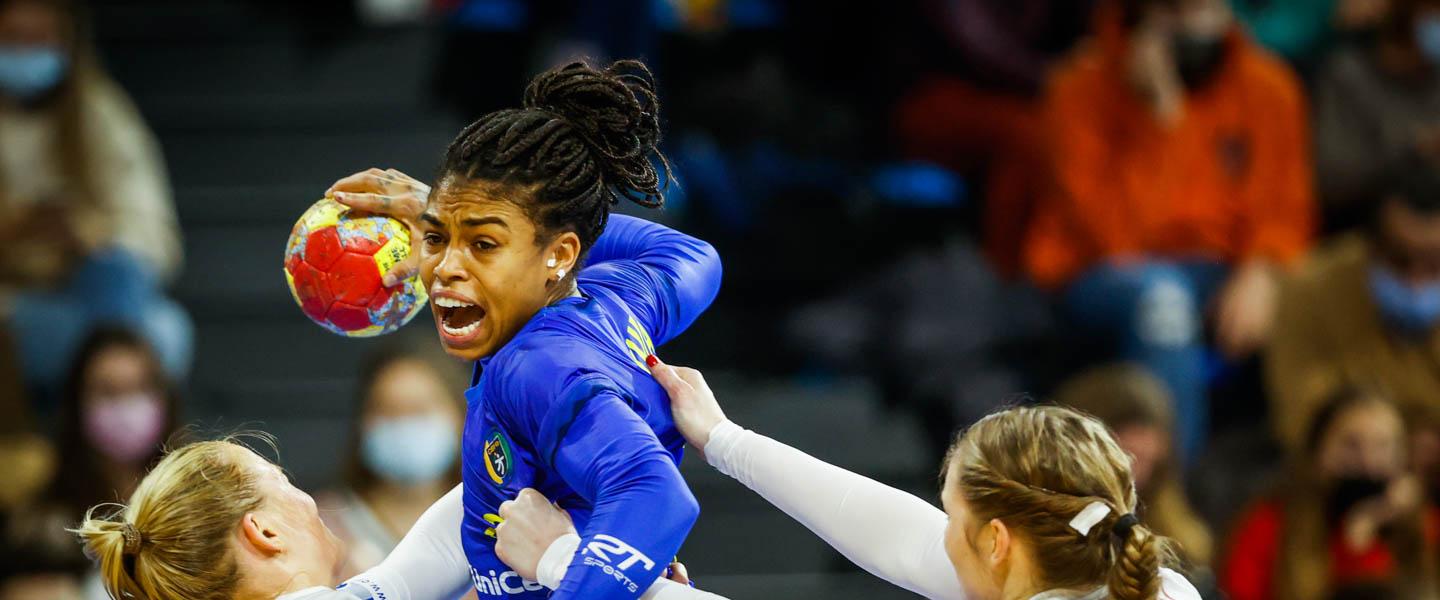News
Brazil and Argentina rekindle rivalry at the 2022 South and Central American Women's Handball Championship
14 Nov. 2022

The third edition of the South and Central American Women's Handball Championship will take place in Buenos Aires, Argentina between 15 and 19 November, with five teams competing in the tournament which is scheduled to be played in a round-robin format, with the winner of the group clinching the gold medal.
The competition also serves as a qualifying event for the 2023 IHF Women's World Championship, due to take place in December 2023 in Denmark, Norway and Sweden, with the top two teams earning the tickets for the world handball flagship competition.
The winners of the previous two editions of the South and Central American Women's Handball Championship will also be favourites here, as Brazil want to extend their dominance on the continent, despite facing Argentina on their home court.
With most of their squad from the previous competitions intact, Brazil will rely on stalwarts like centre back Bruna de Paula and goalkeeper Barbara Arenhart.
Brazil have never lost a single game at the South and Central American Women's Handball Championship, winning all the 11 matches they played, an excellent streak which underlines their domination in the competition.
Argentina finished second in both editions and closed the gap on their opponents in recent years, losing by five and nine goals, respectively, in the previous matches of the competition.
However, the hosts will miss injured Malena Cavo from the roster they had at the 2021 IHF Women's World Championship, while still benefitting from plenty of experience with players who play in France, Romania or Spain.
In the past two editions of the competition, the bronze medal always went to Paraguay, who finished third in the round-robin group. In this edition, they will compete in a three-way battle for the third place, alongside Chile and Uruguay, two teams that have made strides in the past but are still some way behind powerhouses like Argentina and Brazil.

